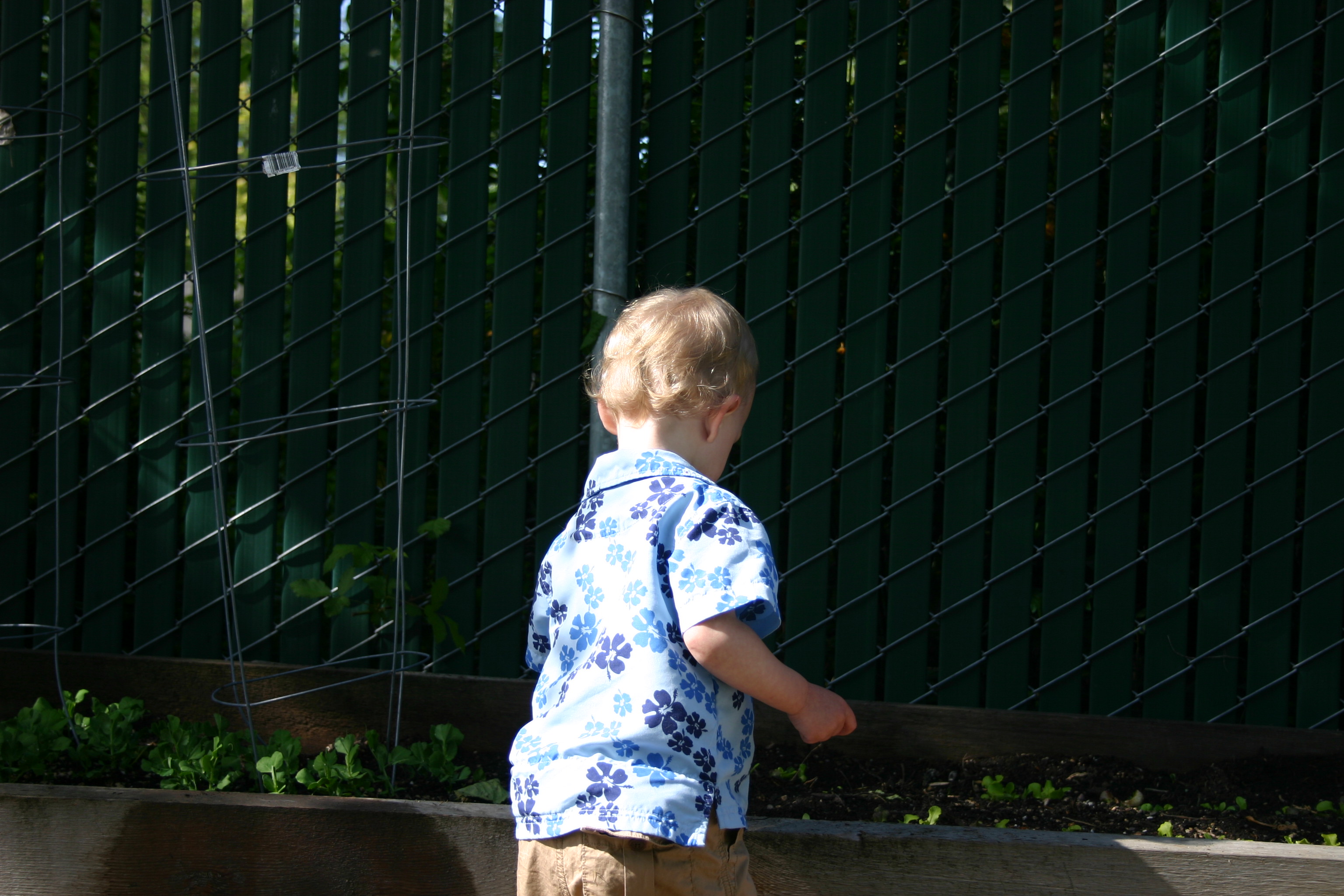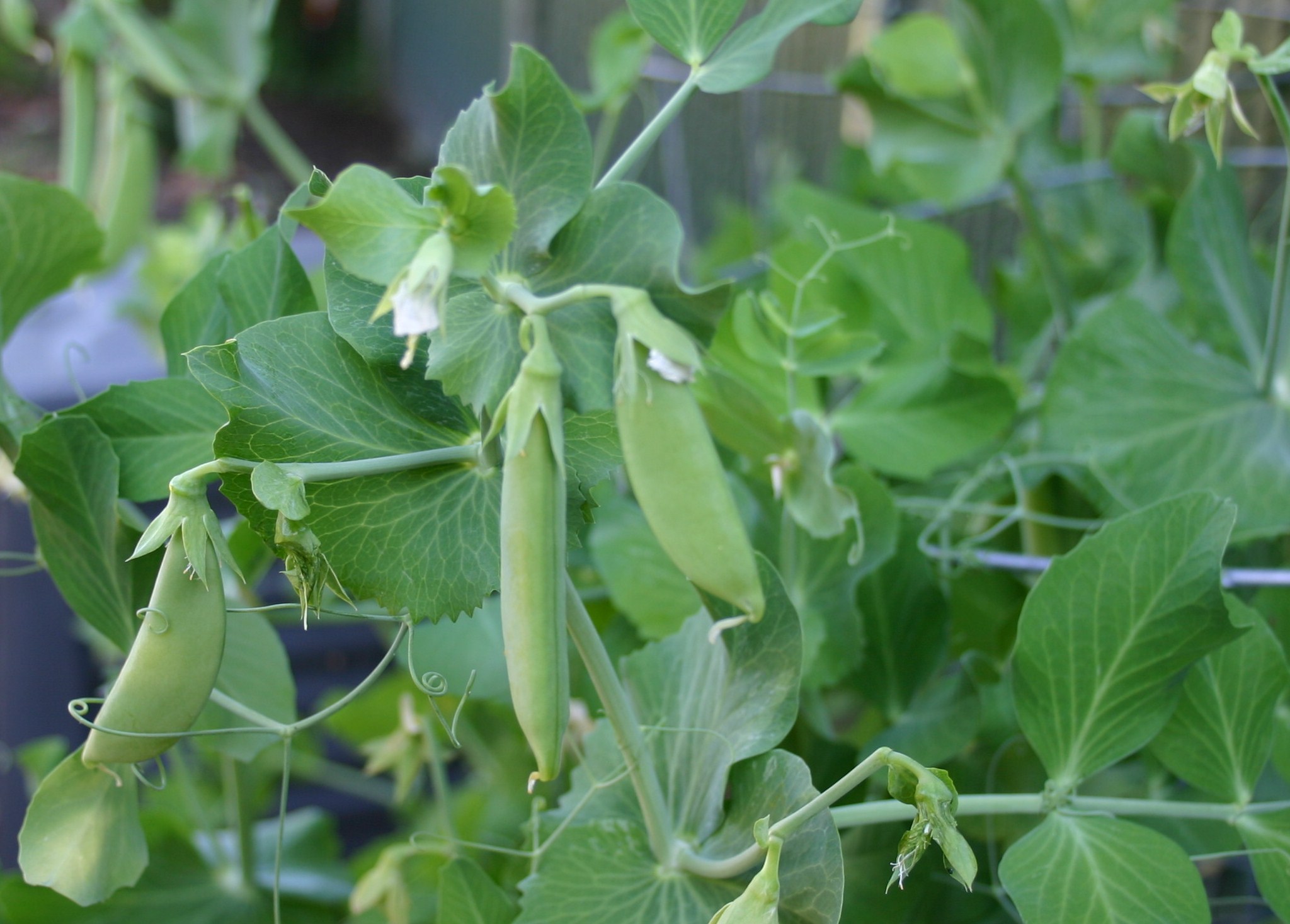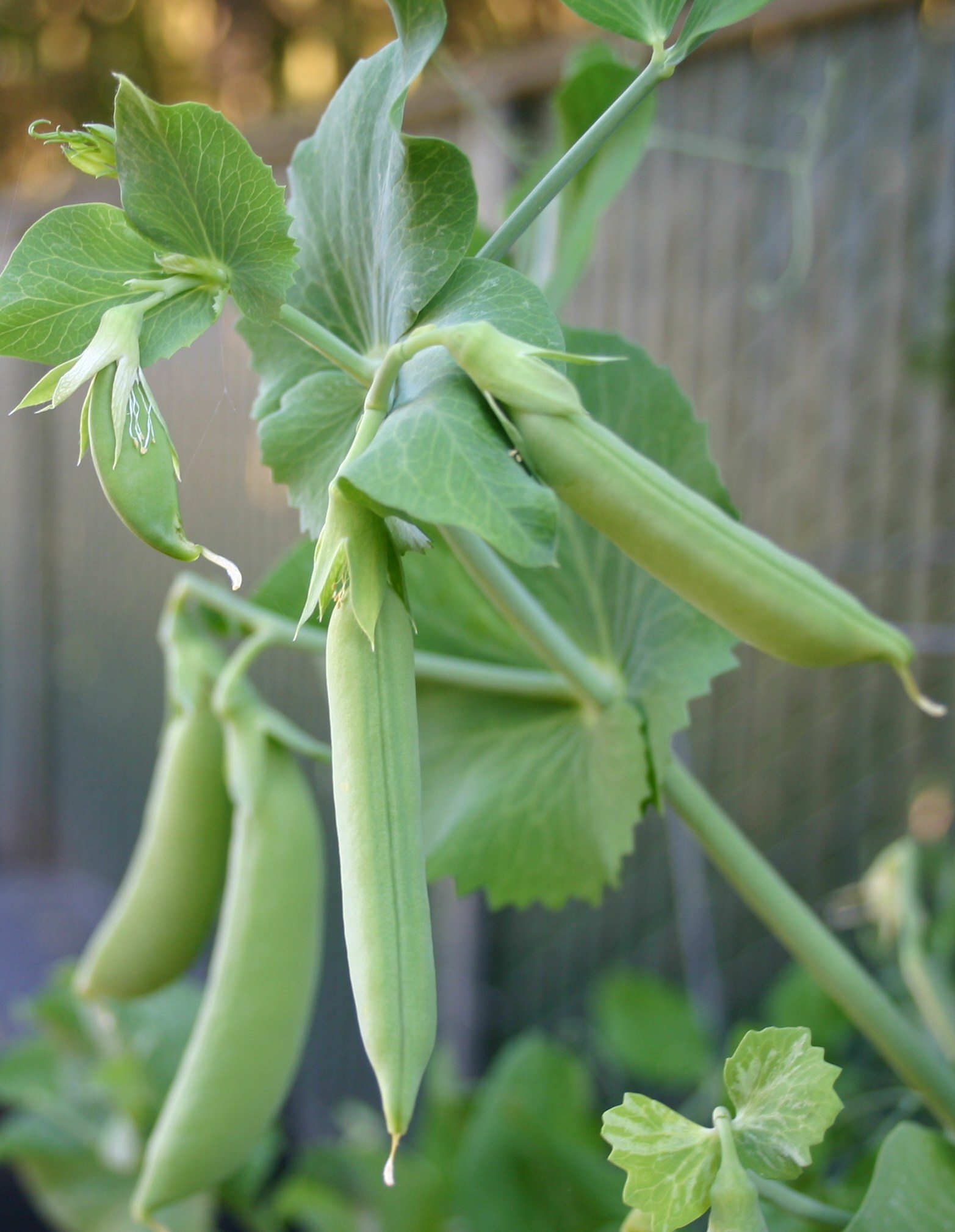You’ve probably seen those “10 Ways to Raise Healthy Eaters” and “8 Ways to Get Your Kids to Eat Veggies” lists advertised on the covers of parenting magazines. One thing seems to invariably make every list: gardening. Common wisdom dictates that kids are more apt to eat their veggies if they see how much slugs and grasshoppers enjoy them, and it’s even better if they learn to wield a water canister and pick a few weeds too. That sounds perfect to me, since I need all the help I can get in the garden. But I’ve wondered, is it actually true?
During my son’s first year, he devoured soupy, squishy vegetable concoctions that didn’t look appetizing even to me, and I love veggies. He gobbled up squash, spinach, beets, carrots, green beans, and cauliflower. In my naive new parental state I was thankful that I’d somehow dodged the picky-eating issues and could get a head start on agonizing about the piercings and tattoos he’d get during his teenage years.
Then my son turned one.
Suddenly he developed keen vegetable detection skills rivaling the U.S. Geological Service’s earthquake detection system. He picked out the bits of spinach in an omelet, scowled at the green peppers on a piece of pizza, and pushed the vegetable soup away before trying it, proclaiming, “All done”. What was going on? Had he somehow sensed that his dad and I found pureed greens distasteful? Had the piece of chocolate cake he’d smeared on his face on his first birthday ruined his proclivity for vegetables forever?
One study suggests that toddlers might simply be hard-wired to spurn their greens. Kids with a “bitter-sensitive allele (P) on the TAS2R38 receptor gene” – supposedly about 80% of kids – are acutely sensitive to bitter tastes, and thus naturally tend to prefer sweet things. Perhaps my son had been condemned by his genes to eat broccoli only when smothered in cheese, hidden in muffins, or prepared in the other ways the aforementioned lists advise weary parents to sneak greens into veggie-spurning kids.
Of course, this hasn’t stopped me from making the little fellow toil in the garden. He’s only two, but he holds the hose and helps pick weeds. He can’t yet tease out the difference between bindweed and spinach, so he often hears, “No, no, no, not that one.” But he doesn’t seem to mind.
And imagine my delight when we trudged out to water the garden one morning and he squealed, “peas” then proceeded to identify all the other vegetables in our raised beds. Of course, he wasn’t particularly interested in ingesting any of them, but at least he was learning some new words.
Then an astonishing thing happened. I was lounging on the porch on a scorching afternoon recently eating snap peas and dreaming of rain deluges, and my son, who asks for a cookie within 45 minutes of waking most mornings, ran up to me, held out his hand, and said, “Pea please.” I was sure I’d misunderstood, but I handed him one anyway, hoping the nutrients might absorb through his skin. Then he ate it … and asked for another. And he’s been gobbling down peas ever since.
Now, I’m not sure that watering peas is what made him develop a palate for peas. This is most likely just like every other thing involved in parenting a toddler: maddeningly unpredictable. But at least one study suggests that older kids who garden are more likely to choose fruit and vegetable snacks. Fourth to sixth graders participating in garden-based activities at a YMCA summer camp for 12 weeks asked for and ate more fruits and vegetables after the program. Moreover a full 95.6% of them reported that they enjoyed working in the garden.
As school gardens become more common, I’m sure we’ll see many more studies in the next few years. But I’m already sold. It doesn’t hurt that I have a helper to carry my watering can and spade.
What do you think? Do you garden with your kids? Does it make them more keen on eating greens?


